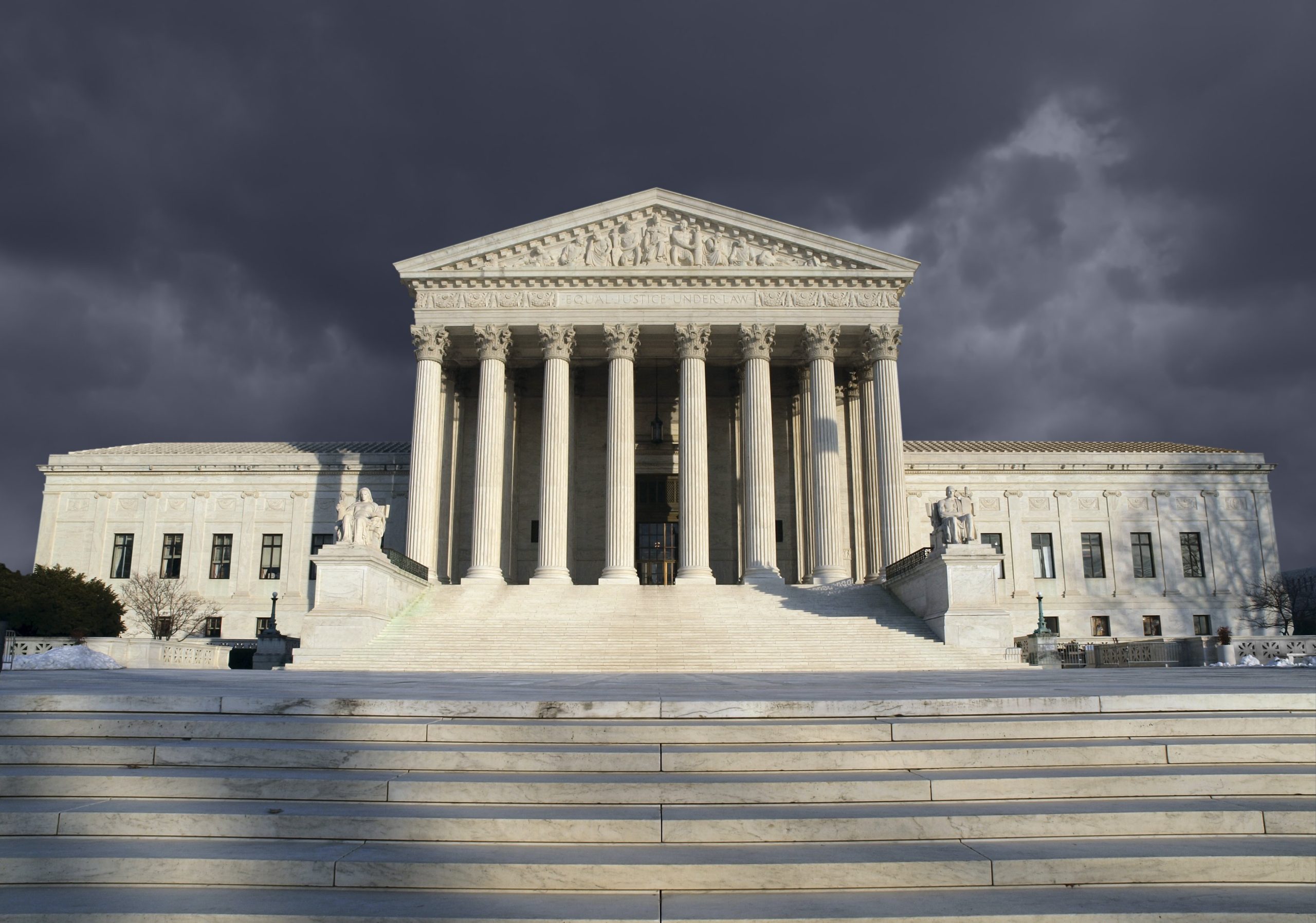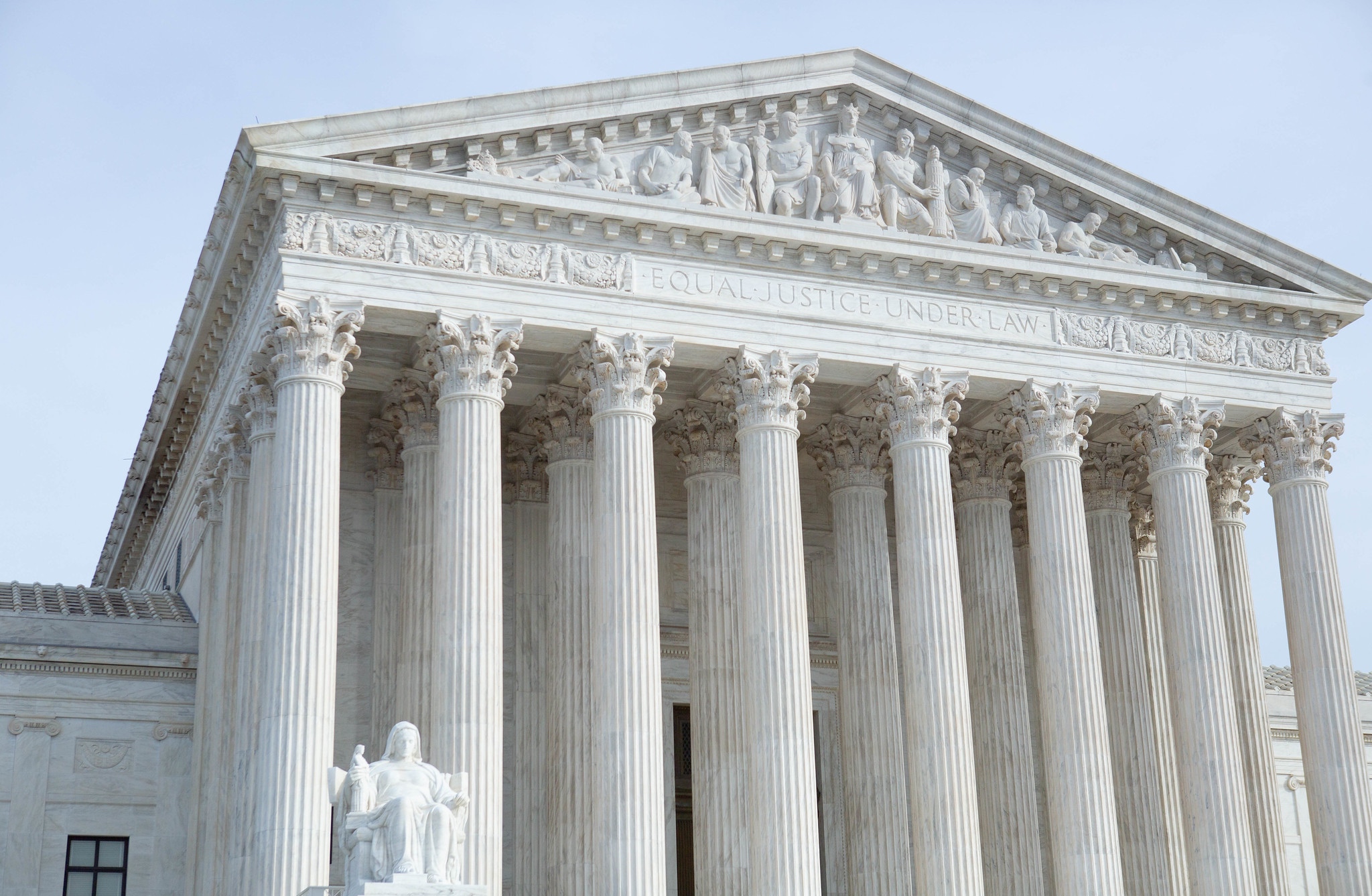Justices take up Fair Credit Reporting Act case
SCOTUS NEWS
on Jun 20, 2023
at 10:41 am
The Supreme Court on Tuesday agreed to decide whether Congress waived the United States’ sovereign immunity from lawsuits for violations of the Fair Credit Reporting Act. Department of Agriculture Rural Development Rural Housing Service v. Kirtz was the lone grant of review on a list of orders released from the justices’ private conference last week.
The question comes to the court in a case filed by Reginald Kirtz, who contends that although he no longer owed anything on a loan made to him by the Department of Agriculture, the department reported that his account was 120 days past due, damaging his credit score. Kirtz notified Trans Union, the credit union reporting the overdue account, of the inaccurate statement by USDA, but USDA did not correct it.
Kirtz went to federal court in 2020, alleging that USDA had violated the Fair Credit Reporting Act, which (among other things) requires anyone who provides disputed information to credit reporting agencies like Trans Union to investigate it and, if necessary, correct it. The USDA asked the district court to dismiss the case, arguing that the FCRA did not clearly show that Congress had intended to waive the federal government’s immunity from lawsuits, and the district court agreed.
Kirtz appealed to the U.S. Court of Appeals for the 3rd Circuit, which reversed. It pointed to the FCRA’s definition of “person,” which includes “any ‘government or governmental subdivision or agency.” Moreover, the court of appeals added, because the federal government is “the nation’s largest employer and creditor,” allowing lawsuits against it for violations of the FCRA would be consistent with Congress’ goal of ensuring “fair and accurate credit reporting.”
The Department of Agriculture came to the Supreme Court this spring, asking the justices to weigh in. U.S. Solicitor General Elizabeth Prelogar noted that the 3rd Circuit’s ruling conflicted with the decisions of two other courts of appeals – one of the principal criteria for Supreme Court review – and she added that the issue presented by Kirtz’s case “concerns a matter of great importance because it could have a significant impact on the public fisc.”
After considering the case at two consecutive conferences, the justices announced on Tuesday that they would take up the case, which will likely be argued in the fall.
The justices’ next private conference is scheduled for Thursday, June 22.
This article was originally published at Howe on the Court.






